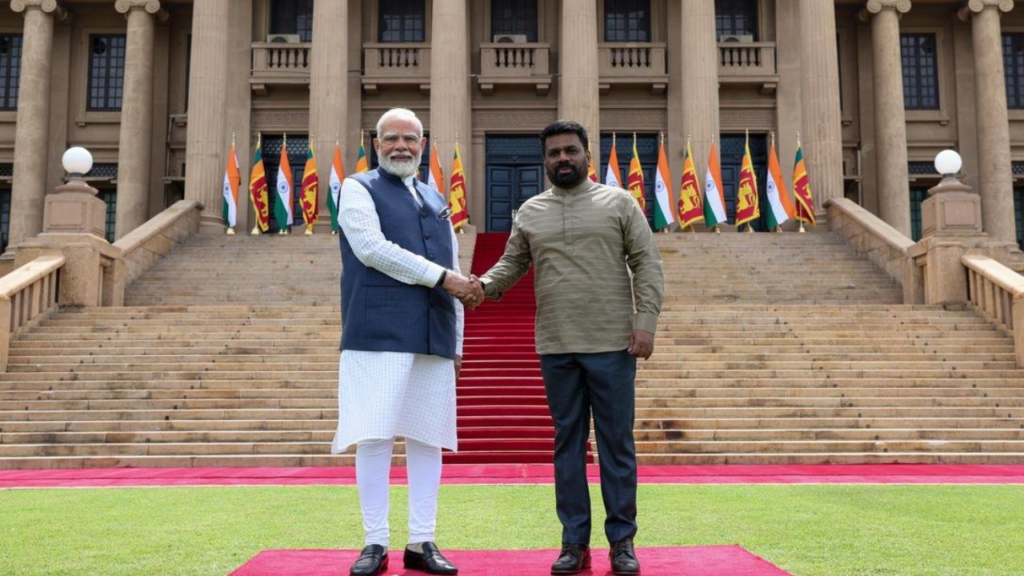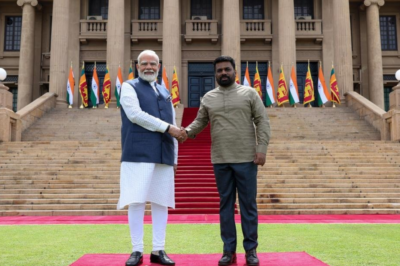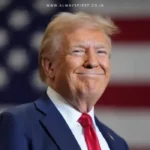
In a significant step to bolster regional cooperation and counter China’s growing influence in Sri Lanka, India, the United Arab Emirates (UAE), and Sri Lanka have signed a Memorandum of Understanding (MoU) to develop the eastern Sri Lankan city of Trincomalee as a major energy hub. This deal, formalized during Prime Minister Narendra Modi’s recent visit to Colombo, marks a pivotal moment in enhancing strategic partnerships in the Indian Ocean region. The agreement reflects the three nations’ united effort to capitalize on Trincomalee’s natural deep-water harbor and historical significance, positioning it as a regional center for energy logistics.
Strategic Location and Infrastructure Development
Trincomalee, with its deep-water harbor, has long held strategic importance in the Indian Ocean. The newly planned energy hub will leverage this natural advantage, incorporating a multi-product pipeline and potentially revitalizing an old World War II-era oil tank farm. This tank farm, which is partially managed by the Sri Lankan subsidiary of India’s Indian Oil Corporation (IOC), will play a key role in facilitating the energy logistics network. The development aims to transform Trincomalee into a crucial node for energy cooperation, offering a comprehensive logistics solution that connects the energy markets of India, Sri Lanka, and the wider region.
The multi-nation collaboration will combine the technical expertise and financial investments of both India and the UAE, reinforcing the energy infrastructure with modern facilities. Vikram Misri, India’s Foreign Secretary, highlighted the immense potential of Trincomalee, noting its strategic position as a hub for energy trade and cooperation. The UAE’s involvement is particularly significant, as it is a key energy partner for India, and the project stands as a testament to their growing cooperation in the sector.
Counteracting China’s Influence in Sri Lanka
This trilateral initiative also comes at a time when China has been increasingly asserting its influence over Sri Lanka through various large-scale infrastructure projects. Notably, China’s Sinopec is building a $3.2 billion oil refinery at Hambantota, another crucial port city on the island. India’s push for a strategic energy hub in Trincomalee is widely viewed as a response to these growing Chinese investments. The partnership with the UAE is seen as a calibrated effort to ensure that Sri Lanka’s energy sector remains balanced and secure, without being overly dependent on any single foreign player.
Sri Lanka, located at a crossroads of major international shipping lanes, is increasingly becoming a focal point of geopolitical competition, particularly between India and China. By developing Trincomalee’s energy infrastructure, India and the UAE are not only enhancing regional stability but also ensuring that Sri Lanka remains an active partner in this strategic sector. The energy hub will help Sri Lanka diversify its energy imports and bolster its economic resilience, all while maintaining balanced relations with its powerful neighbors.
The Role of India-UAE Relations
The partnership between India and the UAE has been growing steadily in recent years, particularly in the energy sector. The UAE is a significant energy supplier to India, and their collaboration on this project underscores the shared vision for regional energy security. For India, the Trincomalee energy hub is not only an opportunity to strengthen ties with Sri Lanka but also to reinforce its influence in the broader Indian Ocean region. This collaboration aligns with India’s broader strategic goals of ensuring energy security, regional connectivity, and sustainable development.
Prime Minister Modi’s visit to Sri Lanka and the signing of this MoU also signals a commitment to deepening bilateral ties with Colombo. It reflects India’s approach to engaging with Sri Lanka as a key partner in the region, providing both economic opportunities and strategic security. Sri Lanka’s strategic location and potential as an energy trade hub make it a vital partner in India’s vision for an integrated energy network in the region.
A Promising Future for Regional Energy Cooperation
The MoU between India, Sri Lanka, and the UAE is expected to kickstart a series of infrastructural developments that will modernize Sri Lanka’s energy sector. This energy hub will serve not just the three countries involved, but also countries across South and Southeast Asia, offering a more diversified and secure energy supply. By promoting such cooperation, the nations are paving the way for greater stability in the region, especially as energy demands grow.
The development of Trincomalee as an energy hub also represents a broader trend of regional collaboration that aims to push back against external influences and ensure that energy security and infrastructure development benefit the countries of the Indian Ocean region. As global energy dynamics shift, the India-UAE-Sri Lanka collaboration could become a model for similar partnerships, blending economic development with geopolitical strategy.
As the project unfolds, all eyes will be on how it transforms Trincomalee into a cornerstone of energy logistics in the region, enhancing energy security while fostering deeper ties between India, Sri Lanka, and the UAE. The energy hub promises to be a symbol of regional cooperation and a strategic countermeasure to China’s expanding presence in Sri Lanka.








































Leave a Reply